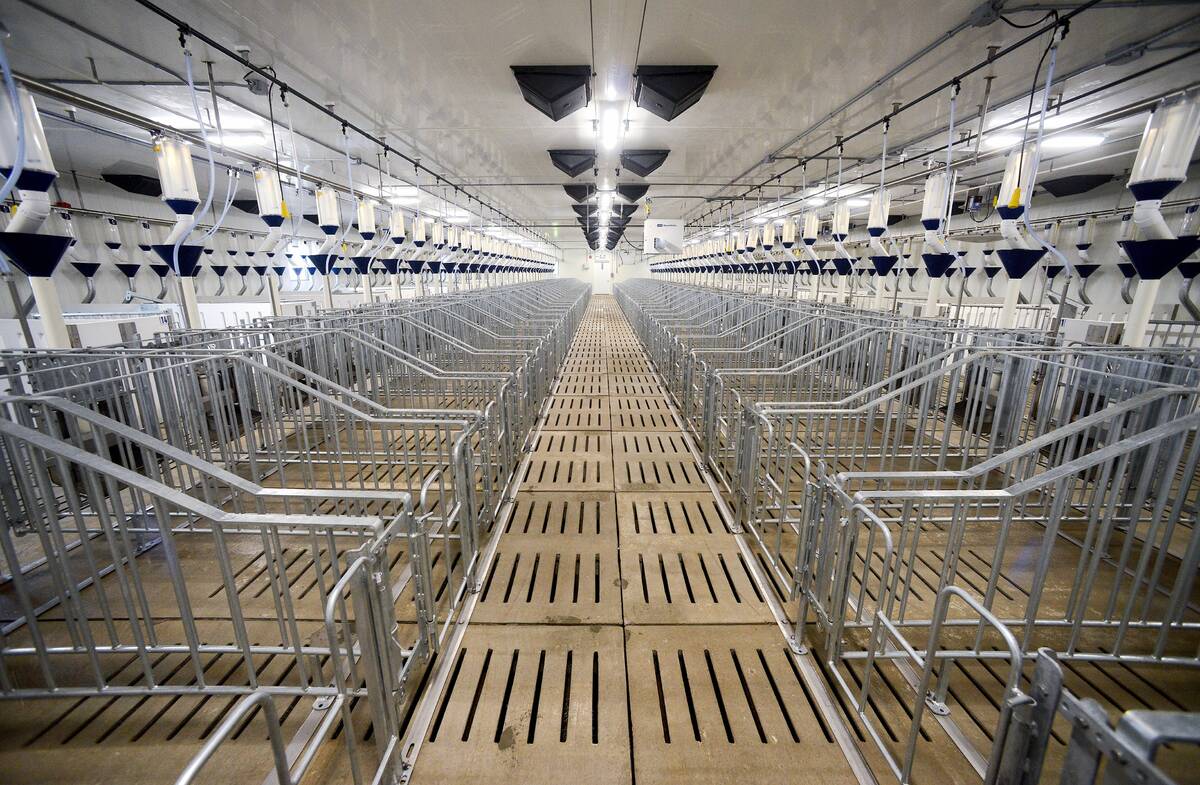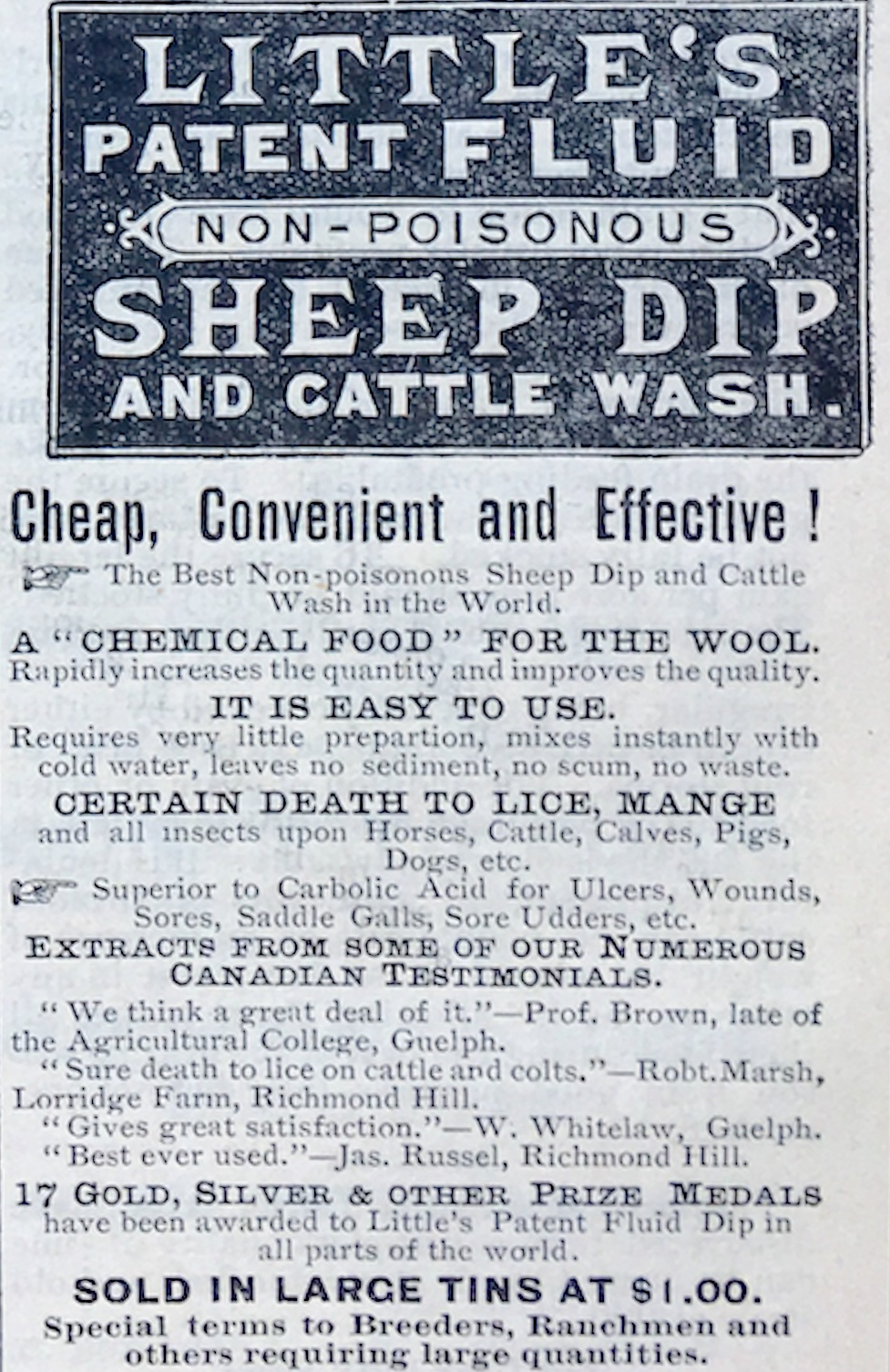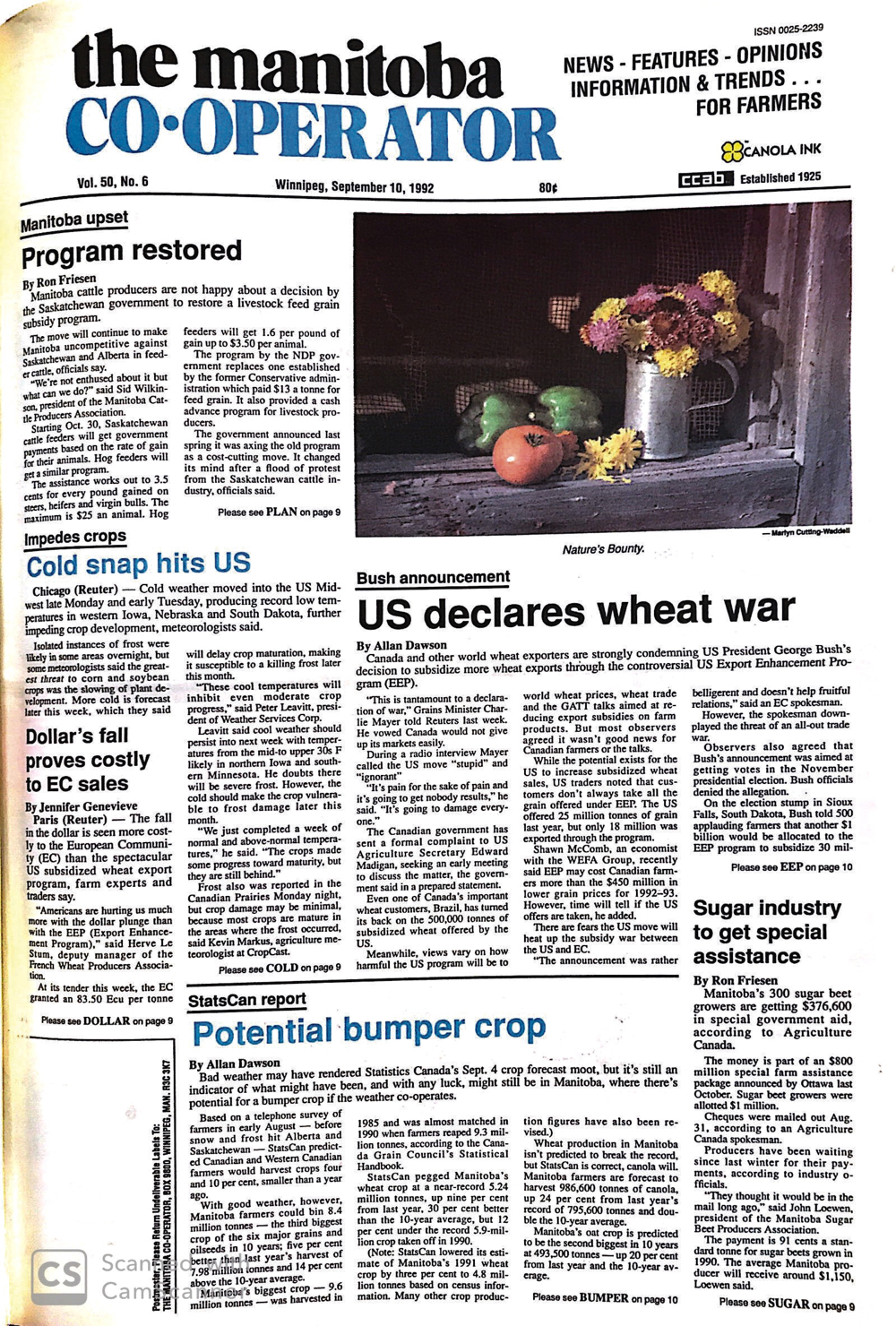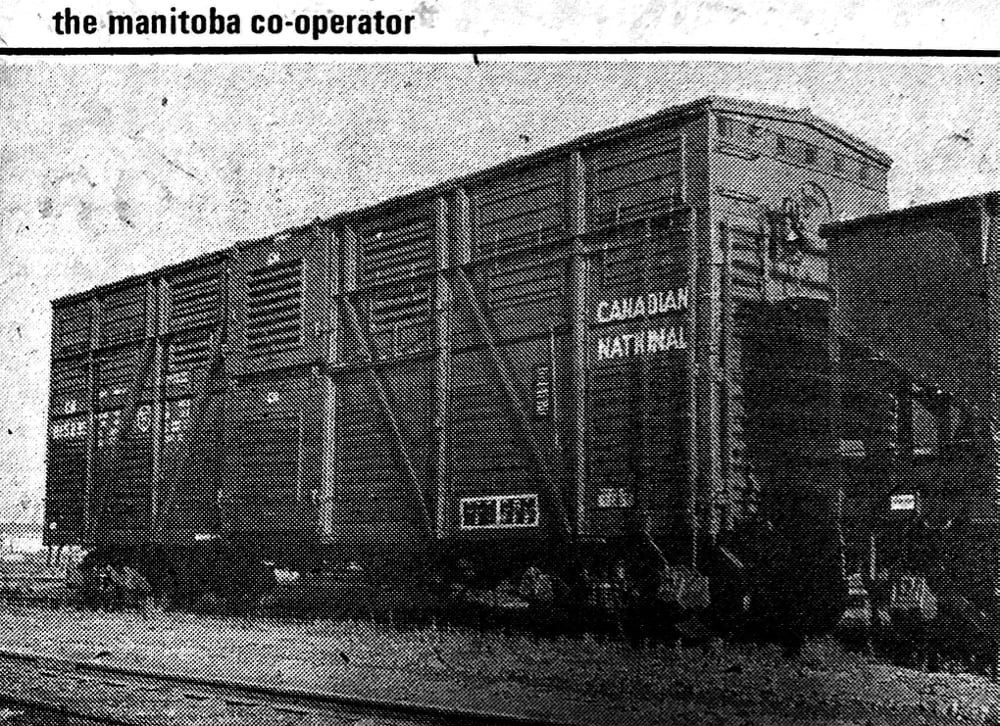Little’s Sheep Dip And Cattle Wash advertised in the August 1890 issue of the Nor’-West Farmer and Manitoba Miller was simultaneously “non-poisonous” as well as “certain death to lice, mange and all insects,”plus acting as a “chemical food” for the wool.
On the same page were several “Pointers about pigs.” Among them were:
“The most profitable hogs are those that are sold at eight to ten months of age without wintering, and a fine boned hog can be made ready for market at an earlier age than a coarse, raw boned one.”
Read Also

Real farm talk on switching to open sow housing
What actually worked for these Prairie pig farmers when it came time to swap gestation stalls in their barns for group sow housing? What were the results?
“Remember that with spring pigs grass or clover must be depended on as a principal food, using other materials, such as bran on chop, as helps, with the expectation of finishing off in the fall on chop feed and skim milk.”
“Exercise for young pigs is very important. Pigs that are closely confined, fed freely by a liberal milking mother or an over-zealous owner, get fat and lazy, their digestive organs become dormant, and undue proportion of fat to muscle and bone is produced, thumps follow, and a high mortality rate is the final result. If the pigs are not disposed to exercise after the opportunity is given, a little boy with a switch can be used to advantage.”
“How many pigs should a sow be allowed to raise? It depends somewhat, of course, on the dam, her vigor and milking qualities, but eight or at the most ten is enough. If the number dropped exceeds ten, the surplus should be disposed of; generally a neighbour or a friend can be found who will gladly take it, and the balance will probably net more than the whole lot would if the attempt was made to raise them.”















